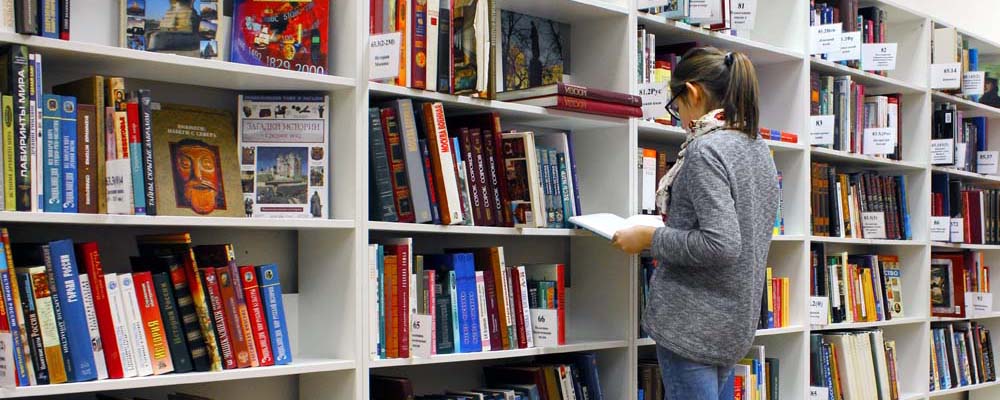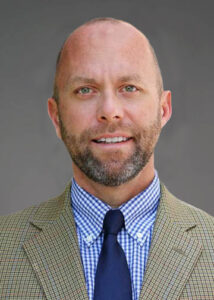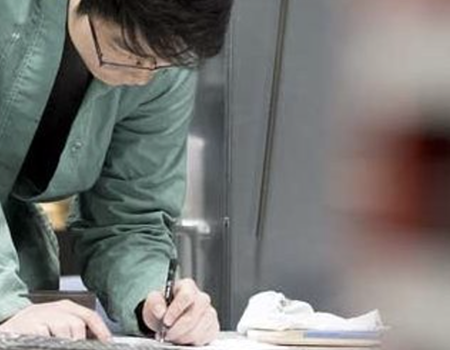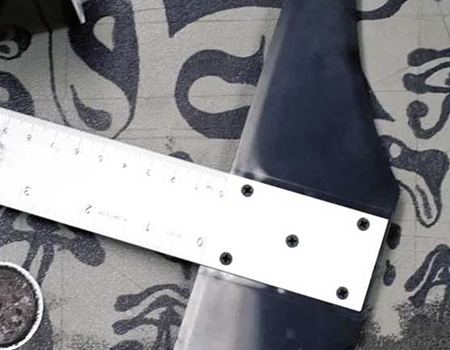The Post-Covid Face of Fundraising Feasibility and Planning Studies
By Dave Gallagher
COVID-19 changed many things, including the ground rules for feasibility and planning studies for fundraising campaigns. Based on what we see in the years since pandemic restrictions subsided, we think it’s time to rethink these studies, the cost, the effectiveness, and the overall approach.
Conducting a feasibility and planning study is professional groundwork in advance of a fundraising campaign. The study tells you if your goal is realistic if you are staffed sufficiently, if your case “sells” if your lead donors are with you, and generally what you are getting yourself in for. Boards often want these studies, so they become professionally informed about the expectations of a campaign taking place on their leadership watch.
These studies have been a staple in the profession for decades. Not everyone believes in the value of studies. Some criticize that they take too long, are cost-bloated, and are conducted by a jumble of junior associates who do not compare notes when compiling the report, do not furnish valuable insights, and do not represent the client and the best light. However, even with self-interest factored in, most good fundraising professionals swear by the ultimate, overriding value of studies. The intelligence gathering is unequaled – you seldom get this quality of direct donor insight. It also puts your NPO in a good light: Arranging for a polished fundraising professional to interview your top prospects about a visionary campaign demonstrates that you are serious, deliberative, and professional. Usually, your top donors come away thinking that your organization knows its stuff.
Studies are expensive. This is a valid criticism. The cost of the study is usually scaled to how many interviews are promised and delivered. The number of interviews can be anywhere from 25 to larger studies of hundreds of interviews. As a rule of thumb, the larger firms will charge $1,000 per interview delivered. I did several 50-interview studies for $35,000 in the day, but it is an all-consuming load of work, and that price point was never fully satisfying to either client or consultant. On top of the fee, there’s the issue of travel. Interviews are profoundly more effective face-to-face than by phone, but travel is expensive. It is always necessary to include several telephone interviews in a study because of distance, and the client is always promised that this will be a small ratio.
What a Difference a Lock-Down Makes
During covid lockdown, studies were conducted via Zoom. The acceptance rate for interviews, which was traditionally about 50% in a good study, shot up sometimes to 100% for Zoom interviews. That kind of interview acceptance never happened in traditional studies. Even as things begin to open, we find most interview subjects continue to prefer the economy and convenience of Zoom. We find that the quality of interviews via Zoom is substantially better than by telephone, though lacking the ideal dynamic of a face-to-face meeting.
What if the old feasibility and planning study is dead? What if teleconference-based feasibility and planning studies offer more efficiency and deliver better yields? The efficiency is terrific! In-person interviews are generally limited to three per day if you travel office to office, perhaps double that if interview subjects are willing to come to the client’s office to be interviewed. With Zoom it becomes realistic to convene six or eight interviews a day. With that kind of efficiency, a traditional study that required three months to complete with in-person interviews can be completed in six weeks with Zoom.
I don’t know if high interview acceptance rates are unique to lockdown when people were open and even eager to speak with an outside voice. But the efficiencies will remain. Zoom is faster and cheaper. Interview subjects who feel the need for more control of the exchange may accept at higher rates with videoconference.
The pricing model must be revisited. With teleconference efficiencies, fundraisers can more easily dedicate seasoned, polished principals at their firm to make interview outreach, as opposed to greenhorn subordinates who are obliged by juniority to schlep and travel. The other advantage to the consultant is a bigger client load. Conducting Zoom-based studies provides opportunities to interleave multiple clients.
We can now see a way to address the most valid criticisms of feasibility and planning studies. Fundraisers should adjust and pass these benefits on to their clients.
Dave Gallagher
Tel: 215.262.6508
Email: dave@constellationadvancement.com
Dave Gallagher has a career of experience in fundraising campaign planning and execution. Contact Dave today to find out how he can further your project.










